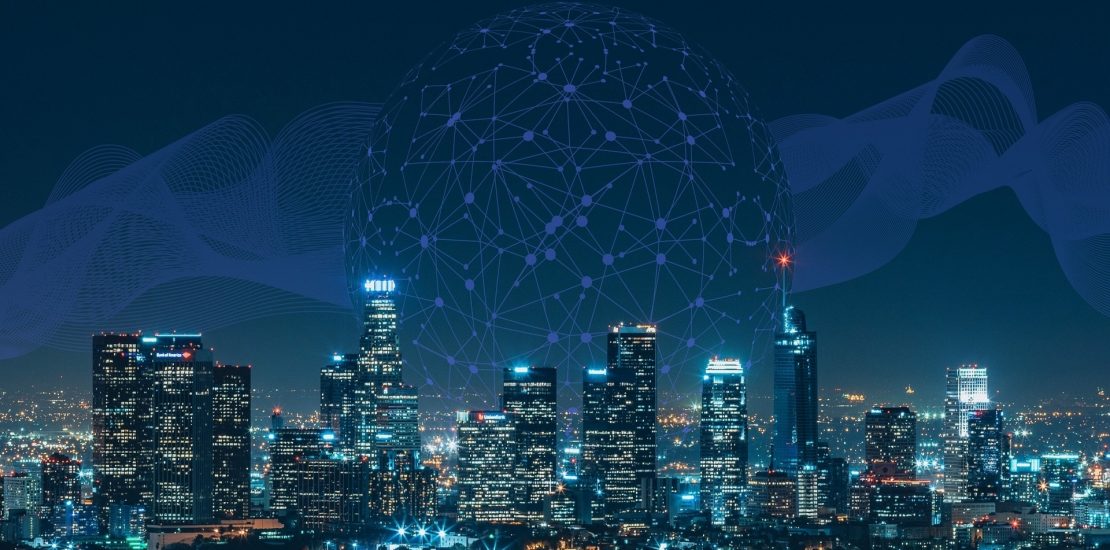- October 9, 2019
- Posted by: guyadmin
- Category: IoT & Smart Cities

People are producing an enormous amount of information each day, sometimes without even realizing it. Every Google search, Facebook share or LinkedIn update is another piece of information about us. That is, essentially, Big Data. A huge hoard of data coming from different sources. This information is managed and updated regularly, and allows us to use it in the future.
Thus far, the entities using this tool were mainly private, for-profit, companies. But it seems like there’s a change lately, as more and more governments and public organizations are utilizing Big Data in order to improve public services.
One Example for that is coming from the healthcare field. The Secretary of State for Health and Social Care in Britain, Matt Hancock, announced the creation of a fund. The goal of this fund is to turn the National Health Service (NHS) into a world leader in the use of AI in healthcare. The fund shall receive 250,000 million pounds in order to build an AI lab, which will help in improving the healthcare services. This procedure is possible due to the scope of information in the NHS. The service is 71 years old, and in possession of over 55 million people health history. This information is so crucial, it’s estimated worth is 9.6 billion pounds.
Another field in which the Big Data revolution is starting to show is the educational field. Students and pupils both are creating substantial amount of information daily. This information can come from social networks, online learning, taking tests, etc. This information has many uses. Firstly, we can use this information in order to personalize the learning experience. This way the learning process will be more efficient and understandable to the students. Moreover, using Big Data enables to attract more people to different learning programs and institutions. In the past, many people didn’t see the need for higher educations because they deemed it unnecessary. The personalization allows to better match between the study course and the needs of the students. In addition, the ability to measure the way students function helps institutions to improve the curriculum in the years to come, and improve overall.
Even if we put the educational factor aside, databases can still help students in unconventional ways. A university in China used the sales data from the institution’s canteen in order to understand which students are in need for financial help. Students who ate in the canteen for more than 60 times a month, and paid less than 0.7 dollars for a meal, became the main candidates for this aid. This way, students in need of help could finally buy better, healthier meals, without going through the embarrassment of asking.
Big Data could have an enormous impact on the public services the governments provide. By using a large database, those governments can access and use information relevant to their everyday functions. The positive outcomes could be endless. Nonetheless, we must remember nothing is perfect. Using this amount of data could have destructible results as well. An example we’re all familiar with is the Cambridge-Analytica scandal. That’s why we must remember- knowledge is indeed power, and we must protect it constantly.
